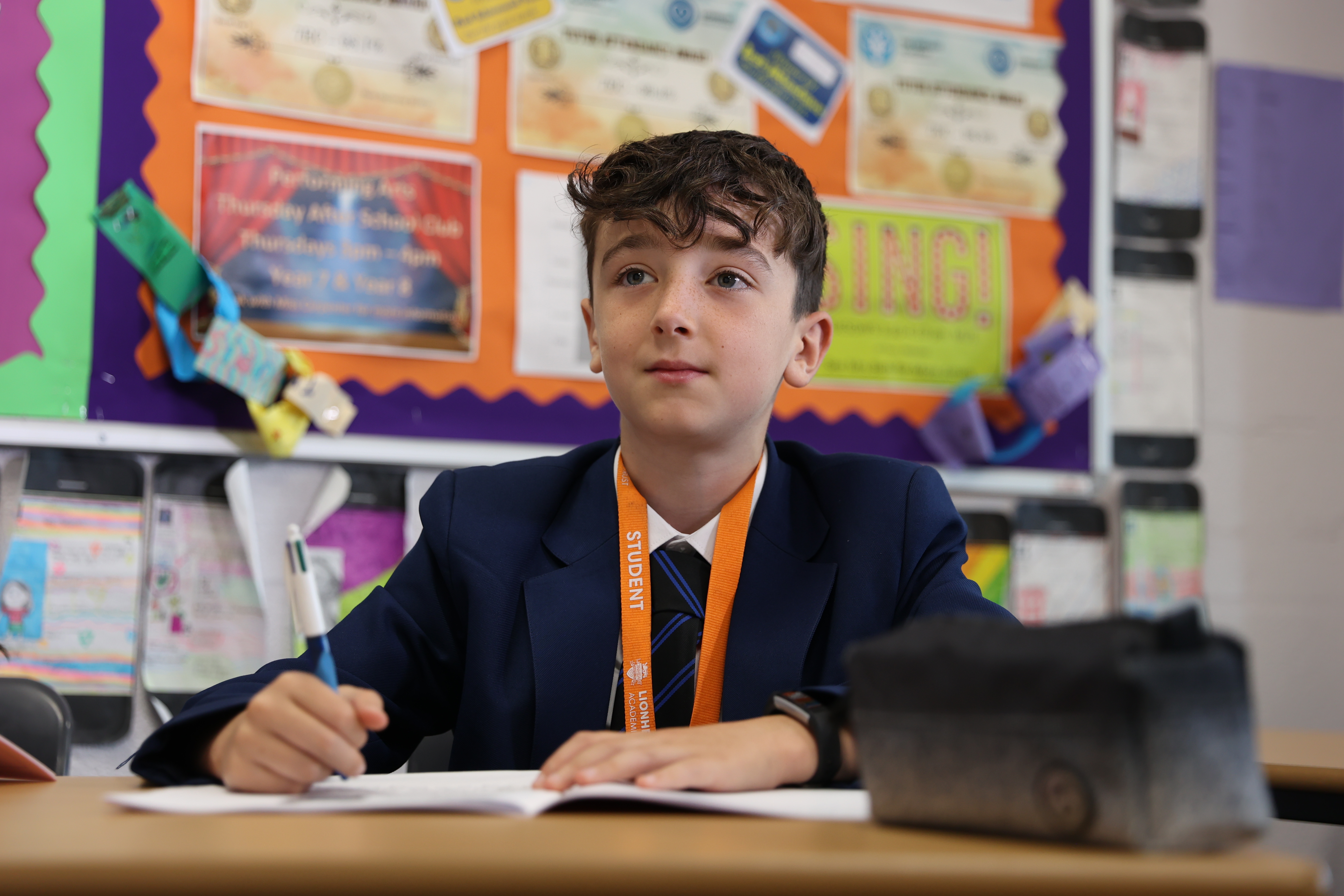
History
Our Vision
The Cedars Academy History curriculum helps to explain the world as it is by exploring the world as it was, in an intriguing and ambitious way. We seek to build an understanding of the past that is rich and varied and to this end, our students conduct enquiries into the past where they analyse some of the most formative events in global, British and local history, as well as considering the broader changes and contexts these events occurred alongside. Whilst our curriculum has a trunk of British history, we often branch off into the histories of the wider world and aim to make our curriculum as diverse and representative as the past itself. We believe that in considering these different viewpoints and perspectives, we allow for a better understanding of the world as it is, with all of its complexities.
Perhaps most importantly, our curriculum aims to equip our students with the skills needed to successfully navigate the world around them. Whether that be the ability to construct a logical and evidence-based argument, interrogate information with a critical eye (a skill that is particularly important in the current age of ‘fake news’ and dubious online sources) or incorporate new perspectives into their way of thinking. We want help improve our young people’s understanding of themselves, the world around them and their place in it.
Mr Fidler,
Head of Department
Studying History at KS3
2 hours of history per week for years 7 and 8. Year 9 receive 3 hours of study over a 2-week period.
Over the course of KS3, our students will conduct enquiries into some of the most significant and events in British and global history. An outline of what they will learn in each year can be found below:
Year 7 begins with a module discussing the nature of the subject itself and how interpretations of the past are constructed. We then dive into 1066 and the Norman Conquest of Britain, followed by an enquiry into what was important to people living in the Middle Ages. Our next area of study is the Mali Empire of West Africa, which we use as a springboard into learning about the religious conflicts in the medieval Middle East. We end Year 7 with an enquiry into the Tudors and how much they changed Britain.
Year 8 starts with an enquiry into arguably Britain’s most successful monarch – Elizabeth I and touches on the division of power between monarch and parliament. This theme is carried on with an interrogation of the English Civil War, which is followed by a short sequence of lessons on witchcraft in the 16th and 17th century. Our next topic is the Mughal Empire of India, which is later contrasted with the British takeover of the sub-continent where we analyse the impact Britain had on India. We end the year learning about the history of enslaved peoples, with a particular focus on those kidnapped from Africa.
Year 9 sees our students conduct enquiries into the history of protest in Britain and chart how various groups were able to successfully fight for their rights. This leads directly into a study of the two World Wars, in particular looking at why they started and Britain’s involvement in both. We then spend some time studying the Holocaust and draw parallels between that and other genocides that have occurred. We end the year by learning about the impact migration has had on Leicester and by analysing some of the wider changes that have taken place in the city and wider country during the 20th century.



